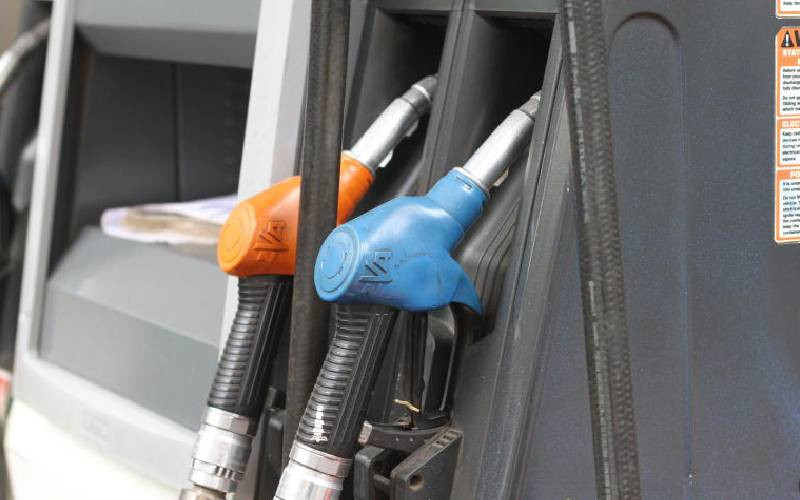×
The Standard e-Paper
Fearless, Trusted News

Fuel costs have a direct bearing on inflation, being one of the items in the basket of goods and services whose pricing is tracked to measure the cost of living. [Elvi Ogina, Standard]
Kenyans are staring at tougher economic times after the National Treasury removed remaining kerosene and diesel subsidies in a bid to trim the fiscal deficit.